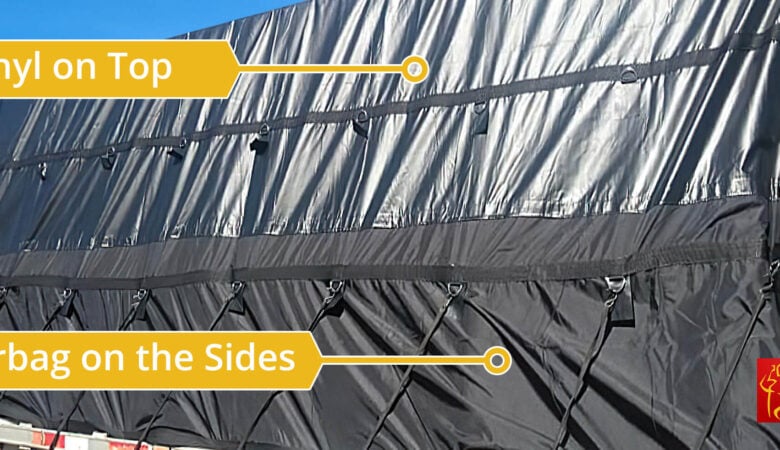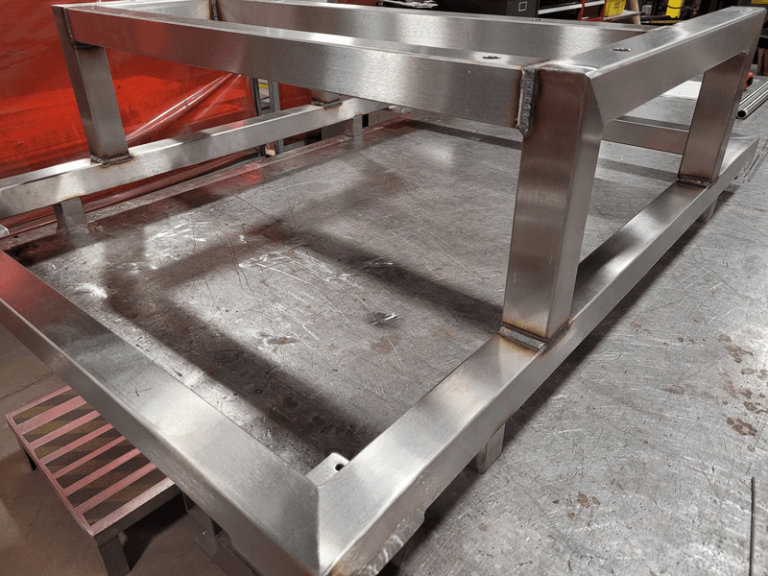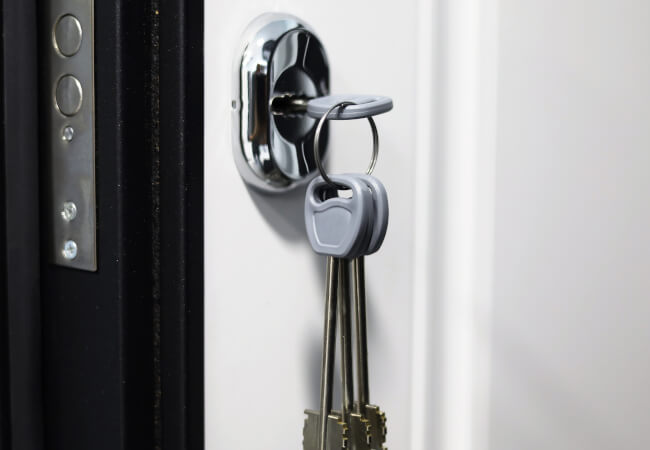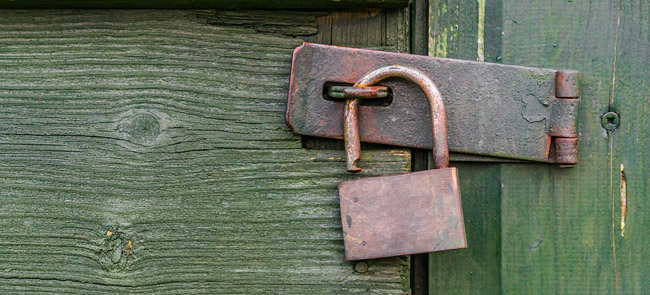The Essential Guide to Spanners: Types, Uses, and Benefits
A spanner, commonly known as a wrench in some countries, is an indispensable tool in various industries, from automotive repair to construction and plumbing. Known for its versatility and ease of use, a spanner is essential for tightening and loosening nuts and bolts. This article delves into the types of spanners, their applications, and the benefits they offer. We will also explore how spanners can be used in conjunction with other materials like geomembranes in construction and engineering projects.
What Are the Different Types of Spanners?
Spanners come in various types, each designed to cater to specific applications. The most common types of spanners include:
- Open-End Spanner: This type features two U-shaped jaws that open at both ends, making it easy to grip and turn nuts and bolts of various sizes. They are ideal for quick tasks that require a simple grip.
- Ring Spanner: Also known as a box-end spanner, this type has a closed loop at each end, providing a better grip on bolts and nuts, especially in tight spaces. They are perfect for heavy-duty applications.
- Adjustable Spanner: As the name suggests, this type has an adjustable jaw, making it versatile and suitable for different-sized bolts and nuts. It’s widely used in plumbing and automotive repair.
- Combination Spanner: This spanner features both an open-end and a ring end, providing flexibility for different types of nuts and bolts. It’s often used in automotive and mechanical applications.

How Are Spanners Used in Construction and Engineering?
Spanners play a crucial role in construction and engineering projects by ensuring the proper tightening and loosening of nuts and bolts. Here are some ways spanners are used in these fields:
- Structural Assembly: Spanners are essential for tightening bolts in steel structures, ensuring the stability and safety of buildings and bridges.
- Plumbing Installation: Adjustable spanners are widely used in plumbing to tighten and loosen pipes, valves, and fixtures, making them indispensable for plumbing professionals.
- Equipment Maintenance: In construction, heavy machinery and equipment require regular maintenance. Spanners are used to disassemble parts, replace components, and ensure everything is securely fastened.
- Geomembrane Installation: Geomembranes, used in environmental projects for containment and protection, often require spanners for securing bolts and fasteners in anchoring systems, ensuring a proper seal and preventing leaks.
What Are the Advantages of Using Spanners?
Spanners offer several advantages that make them a preferred choice in various applications:
- Versatility: With different types available, spanners can be used for a wide range of tasks, from tightening bolts to plumbing repairs.
- Ease of Use: Spanners are straightforward tools that require minimal training, making them accessible to professionals and DIY enthusiasts alike.
- Cost-Effective: Spanners are relatively inexpensive, especially when compared to power tools. Their durability also ensures a long lifespan, providing value for money.
- Portable and Compact: Spanners are lightweight and easy to carry around, making them perfect for on-site jobs where space and weight are concerns.
How to Choose the Right Spanner for the Job?
Choosing the right spanner depends on several factors:
- Type of Application: Consider whether you need a spanner for automotive, plumbing, or construction use. Each type of spanner is designed to perform optimally in specific settings.
- Size and Fit: Ensure that the spanner matches the size of the nuts and bolts you’ll be working with. Adjustable spanners are a good option for varying sizes.
- Material and Durability: Look for spanners made from high-quality materials like chrome-vanadium steel, which offers strength and corrosion resistance.
- Ergonomics: For extended use, choose a spanner with a comfortable grip to prevent hand fatigue and ensure efficient operation.
Spanners are versatile and indispensable tools used in various fields, from automotive repair to construction and plumbing. Understanding the different types of spanners, their uses, and how to choose the right one is essential for achieving the best results in any project. Moreover, the use of spanners extends to the installation of materials like geomembranes in environmental projects, showcasing their importance in ensuring robust and reliable assemblies. Investing in high-quality spanners can greatly enhance efficiency and safety in both professional and DIY tasks.




